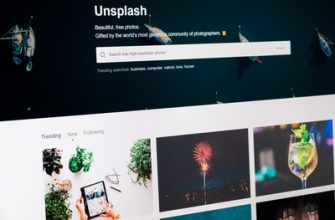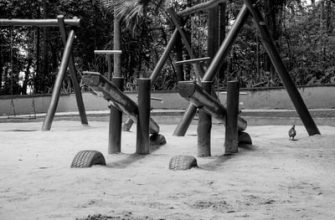There are some common mistakes people make with On Page SEO. These include using ineffective anchor text, not having a secure site, and having duplicate content on the site. Learn how to avoid these mistakes to improve your rankings.
Using ineffective anchor text
Anchor text is a very important element of on page SEO. If you use the wrong type of anchor text, you can ruin your website. Here are some tips for using effective anchor text.
Make sure your anchor text is relevant. When you write your anchor text, you should include the keywords that are related to the content on your page. If your site is about black Nike sneakers, you might want to include the phrase “black Nike sneakers.” You could even try writing the phrase in a sentence and using a few keywords.
You can also write descriptive words to explain the image. The text should be easy for a screen reader to understand. This will help search engines understand what the image is about.
You should be careful to avoid making your anchor text too long. Google has a tendency to penalize websites with too many links. You can prevent this by using a nofollow attribute.
Duplicate content
Duplicate content is a serious issue that can negatively affect your SEO efforts. However, you can do something about it. Fortunately, there are several steps you can take to minimize the damage.

One of the easiest ways to detect if you have duplicate content on your site is to use a free online tool. Google, for example, has a tool called Search Console. If you set your preferred domain in this software, you can let the search engine know which page you would like to show when someone does a search.
Another option is to consolidate your content. This will ensure that your ranking signals are directed to just one page. This can be particularly helpful if you have URLs that contain external links. Typically, Google will not penalize your website for having too much duplicate content.
Not having a mobile-friendly site
If you don’t have a mobile-friendly site, you’re not getting the most out of your marketing efforts. The majority of your traffic will now be coming from mobile devices, and you need to cater to them. The good news is that there are several ways to ensure your site’s mobile friendliness.
First, take a look at your mobile analytics data. Google Analytics can provide information about the percentage of your site’s traffic that comes from mobile devices. Another way to see how your website is performing is to use the Google Mobile-Friendly Test.
In the past, many brands chose to create separate mobile sites. These may be a stopgap measure until you can build a more mobile-responsive website. You also need to make sure your navigation links work well on mobile.
Not having a secure site
Having a secure website is essential if you want to avoid having your site taken over by hackers. In fact, hackers attack websites on average every 39 seconds, so having a safe and secure site can protect your business from a potential data breach. Not having a secure website can lead to a serious loss of revenue, and your customers will likely be inclined to move on to a more secure website.
Although Google has not yet officially confirmed that they include the “not secure” symbol in their search results, it’s clear that they take it seriously. A secure website is the best way to keep your visitors’ private information safe from hackers, and this can improve your search engine rankings. In addition, having a secure website can make your site much more credible, and this can lead to increased conversions and traffic.
Keyword stuffing
The search engines are looking for high quality content that is unique and valuable to your visitors. You must not stuff your pages with keywords as this will negatively affect your rankings. Instead, use keywords in the right place to maximize your SEO efforts. Here are some of the common mistakes to avoid in your content.
You may want to optimize your alt tags. These are descriptive texts that will appear when a visitor’s browser can’t see the text on your page. This can help you rank in image searches. You can also make use of canonical tags to show the same keyword on different pages. However, keep in mind that this is a small part of your overall strategy.
Another thing to avoid is duplicate metadata. Using the same meta title, description, and tags for multiple pages is a mistake. If you aren’t careful, your site will be penalized. You can avoid this by creating custom meta titles and descriptions.








